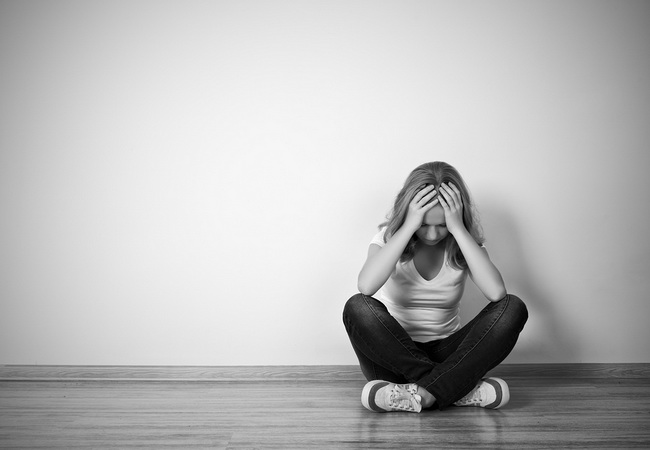- Make It Yourself Lavender Heart-Shaped Bath Bombs!
- 20 Things You Never Knew About “Down There”
- 12 Best Foods For Those Suffering From Arthritis Pain
- 12 Personal Hygiene Mistakes Almost Everyone Makes (Mom Never Told You About #4!)
- 15 Medicinal Plants And Herbs From The Cherokee People
- 12 Mind-Blowing Benefits Of Drinking Coconut Water During Pregnancy
- 12 Outstanding Winter Foods That Won’t Fatten You Up Like A Christmas Turkey
Top 10 Things You Never Imagined Were True about Your Internal Clock

Photo credit: bigstock.com
8. Is This Why Depressed People Can’t Sleep?
One study, done in 2013 at the University of Michigan, compared the brains of mentally healthy subjects with those that were clinically depressed at the time of their deaths. Those who were depressed had gene activity that was much different from the normal 24 hour cycle of our internal clock. Their sleep cycle was disrupted as well as shifted over time. Those who were depressed slept at the wrong hours and therefore got poor quality sleep.
SEE ALSO: Top 12 Reasons Why You Should Sleep Naked
9. Is There a Perfect Time for Eating?
Recent research seems to say yes. Cell Metabolism performed a study and tried to determine that, if everything else was equal, did eating at certain times of the day make a difference? Using two groups of mice, scientists gave the first group of mice food 24 hours a day. The other group only received food during their most active 8 hour period. Both groups received the same amount of food with the same caloric intake. The mice that only ate during an 8 hour period were 40 percent leaner, had lower blood sugar, and lower cholesterol levels than the mice that ate whenever they wanted. This might mean limiting ourselves to eating only during our busiest 8 hour period could be the best “diet” anyone could ever imagine. Find out why night sowls risk much more than just missing breakfast.
10. “Jet Lag” and other sleeping problems are actually circadian rhythm problems
Jet lag and other disruptions to your normal sleeping pattern, whether it’s from something like jet lag or from external cues, such as artificial light, can lead to both insomnia and excessive sleepiness during the day. These are all known as circadian rhythm disorders, not just “difficulty sleeping.” Although some people will attempt to correct their internal clocks by using pills or alcohol, those things have been shown time and again to not work over the long haul. Changes to your lifestyle are what really need to occur to get yourself back on the correct sleeping track.
Sources:
































